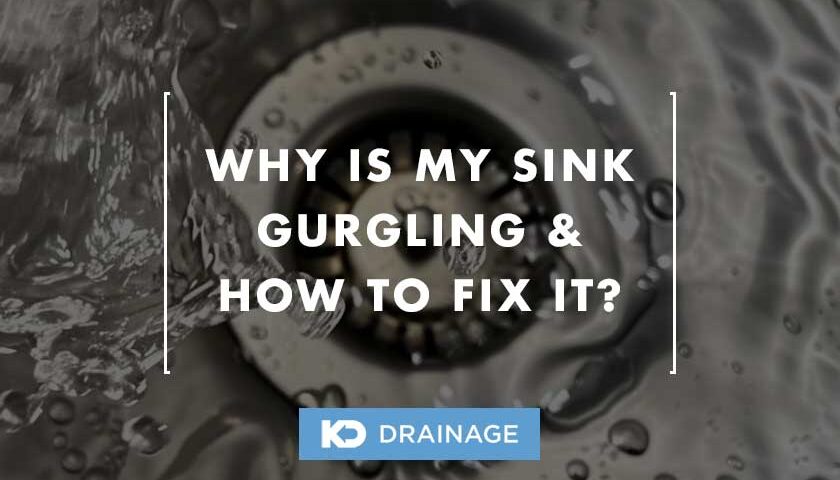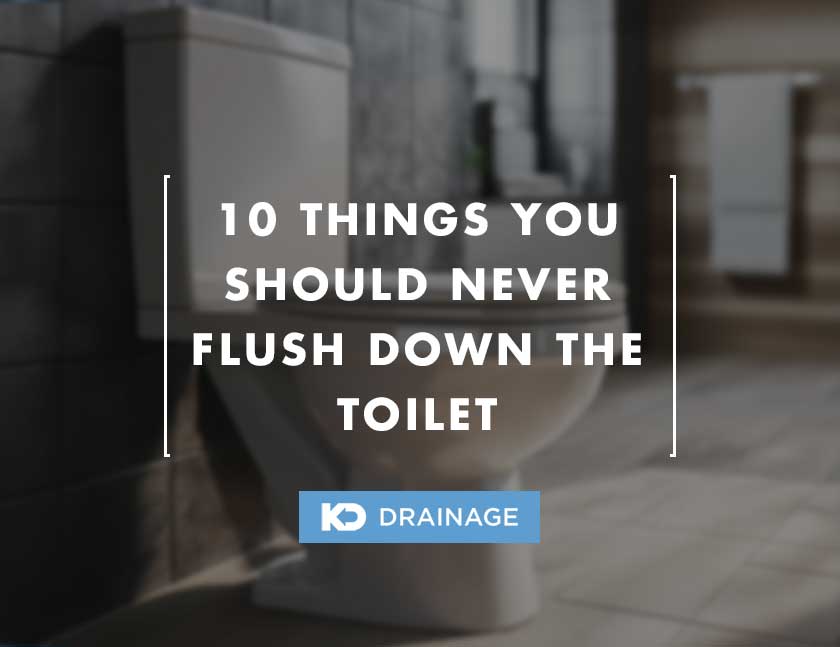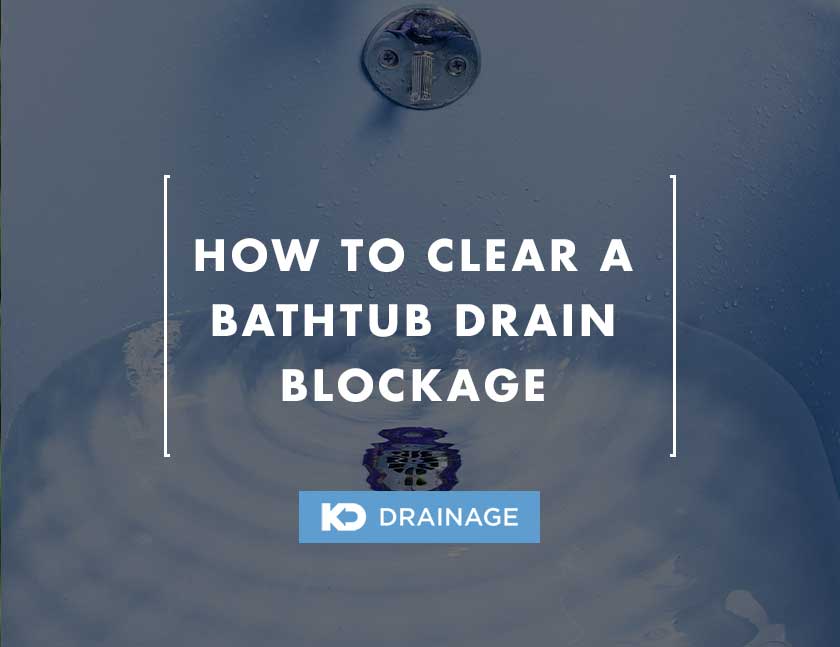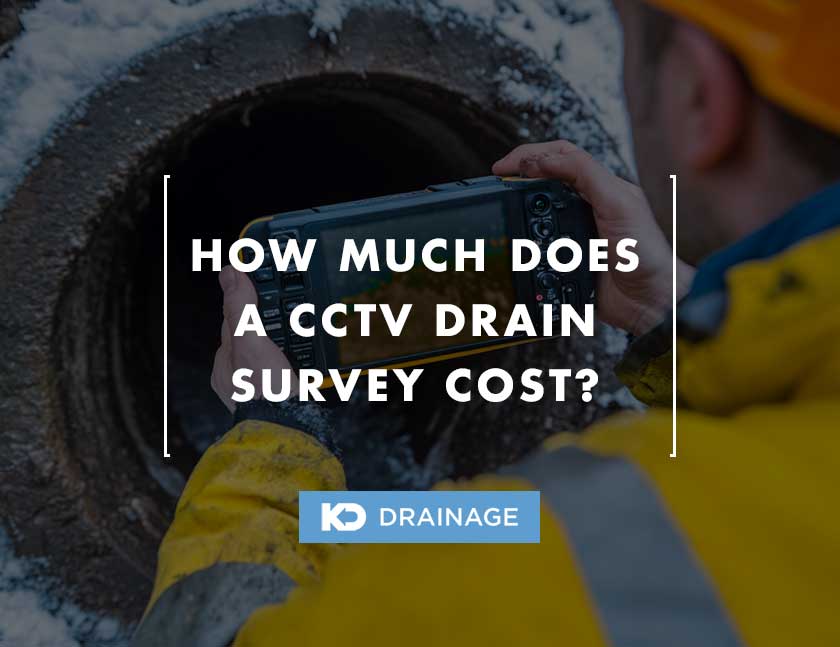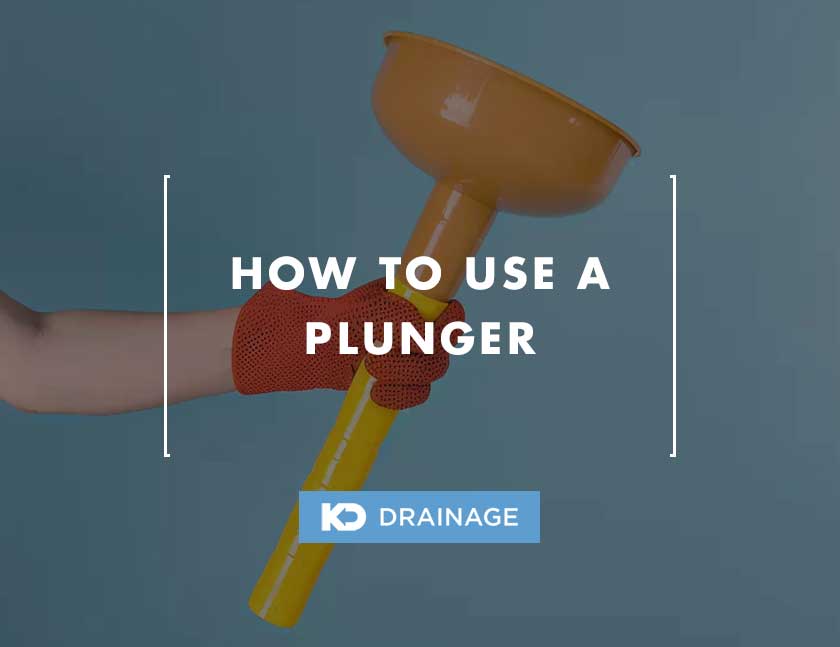Why is My Sink Gurgling & How to Fix It?
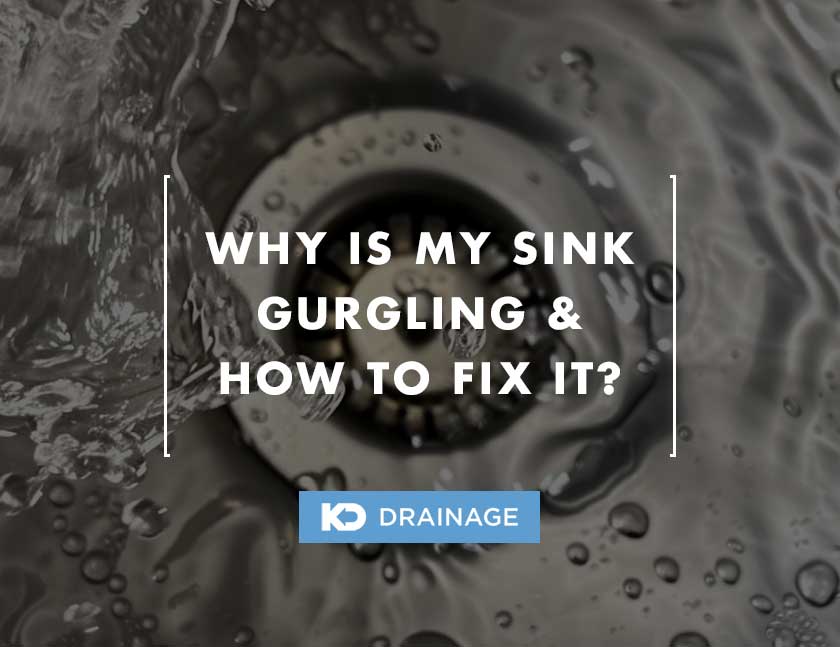
Is your sink making strange gurgling noises?
This unsettling sound can be quite annoying and worrisome.
You might hear it after running the faucet, draining a full sink, or even flushing the toilet.
The noise often resembles bubbling or gurgling, signalling that something isn’t quite right with your plumbing system.
Ignoring this issue can lead to more serious plumbing problems down the line, potentially resulting in costly repairs.
In this article, we’ll explore the common reasons why your sink might be gurgling and provide simple solutions to fix it.
Whether you’re a homeowner looking to perform a quick fix or someone who wants to understand when to call in professional help.
Let’s dive into the details of what might be causing that annoying gurgling sound and how you can get your sink back to normal.
Table of Contents
Why is my Sink Gurgling?
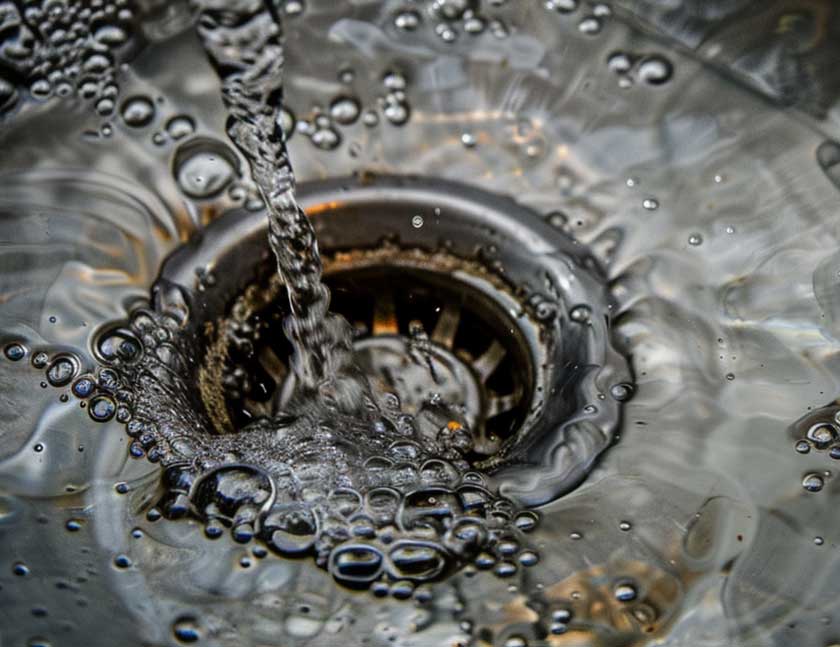
A gurgling sink can be a sign of various underlying issues in your plumbing system.
Let’s explore the most common reasons why your sink might be making these noises.
A Clogged Drain
A clogged drain is one of the most common reasons for a gurgling sink.
Over time, food particles, grease, hair, and other debris can accumulate in the pipes, creating a blockage.
When water tries to flow past this blockage, it can cause air bubbles to form, leading to that distinctive gurgling sound.
Regularly cleaning your drains and being mindful of what goes down the sink can help prevent these clogs.
Blocked Drain Vent
The drain vent, also known as a vent stack, allows air to enter the plumbing system, helping water flow smoothly through the pipes.
If this vent becomes blocked by debris, leaves, or even bird nests, it can create a vacuum effect.
This vacuum can cause air to be sucked through the drain, resulting in gurgling noises.
Broken P-Trap
The P-trap is a pipe located under your sink.
It holds a small amount of water that acts as a barrier to prevent sewer gases from entering your home.
If the P-trap is broken, cracked, or not installed correctly, it can cause air to escape, leading to gurgling sounds.
Faulty Plumbing System
A faulty plumbing system can lead to various problems, including a gurgling sink.
Poorly installed pipes, incorrect pipe sizes, or a lack of proper slope can disrupt the flow of water and air in the system.
These disruptions can create air pockets and gurgling noises.
Damaged Sewer Pipes
Damaged sewer pipes can also cause gurgling sounds in your sink.
Cracks, leaks, or collapses in the sewer line can allow air to enter the plumbing system.
This air can then be forced back up through the drains, causing gurgling noises.
Septic Tank Issues
If your home uses a septic system, problems with the septic tank can lead to gurgling sounds in your sink.
A full or malfunctioning septic tank can cause poor drainage and air bubbles in the pipes.
These bubbles create gurgling noises as they escape through the sink drain.
How do you Fix a Sink Gurgling?
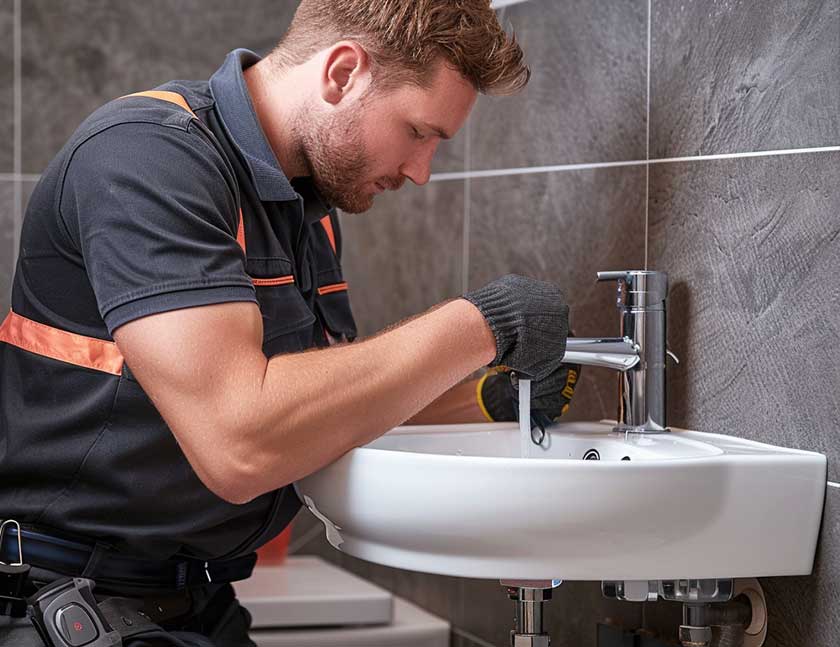
A gurgling sink can be a nuisance, but there are several ways to fix it.
Here are some practical steps you can take to address the issue.
Check for Debris
The first step in fixing a gurgling sink is to check for debris.
Food particles, hair, and grease can accumulate in the drain, causing blockages.
To check for debris:
- Remove the drain cover or stopper.
- Use a torch to look inside the drain.
- If you see any visible debris, use a pair of tweezers or a wire hook to remove it.
- Run hot water down the drain to flush away any remaining particles.
- Regularly cleaning the drain can help prevent future clogs and gurgling sounds.
Use a Plunger
If checking for debris doesn’t solve the problem, try using a plunger.
A plunger can help dislodge any blockages that might be causing the gurgling sound.
Follow these steps:
- Fill the sink with enough water to cover the plunger’s suction cup.
- Place the plunger over the drain, ensuring a good seal.
- Push down and pull up rapidly to create suction.
- Repeat this process several times.
- Remove the plunger and see if the water drains smoothly.
- If the gurgling stops, the blockage has likely been cleared.
Use a Drain Snake
A drain snake, or plumber’s snake, is a flexible tool that can reach deeper clogs.
It can effectively remove stubborn clogs that a plunger might not reach.
Here’s how to use it:
- Insert the drain snake into the drain.
- Turn the handle clockwise to push the snake further into the pipe.
- When you feel resistance, you’ve likely reached the clog.
- Twist and push the snake to break up the blockage.
- Pull the snake out and clean off any debris.
- Run water to check if the gurgling has stopped.
Check your P-Trap
The P-trap is the U-shaped pipe under your sink. It can become clogged or damaged over time.
To check your P-trap:
- Place a bucket under the P-trap to catch any water.
- Use a wrench to loosen the slip nuts on both ends of the P-trap.
- Remove the P-trap and inspect it for clogs or damage.
- Clean out any debris and check for cracks.
- Reassemble the P-trap and run water to see if the gurgling has stopped.
- Replacing a damaged P-trap can also resolve the issue.
Check your Septic Tank
If your home uses a septic system, a full or malfunctioning septic tank can cause gurgling sounds.
To check your septic tank:
- Locate the septic tank’s access point.
- Open the lid and check the sludge level.
- If the tank is full, schedule a pumping service.
- Inspect the septic system for any signs of malfunction.
- Regular maintenance and emptying of your septic tank can prevent drainage issues and gurgling noises.
Call a Professional
If you’ve tried all the above steps and your sink is still gurgling, it’s time to call a professional plumber, such as us here at KD Drainage.
A professional can:
- Conduct a thorough inspection of your plumbing system.
- Use specialised tools to diagnose the problem.
- Repair or replace damaged pipes.
- Ensure your plumbing system is functioning correctly.
Is a Gurgling Sink Dangerous?
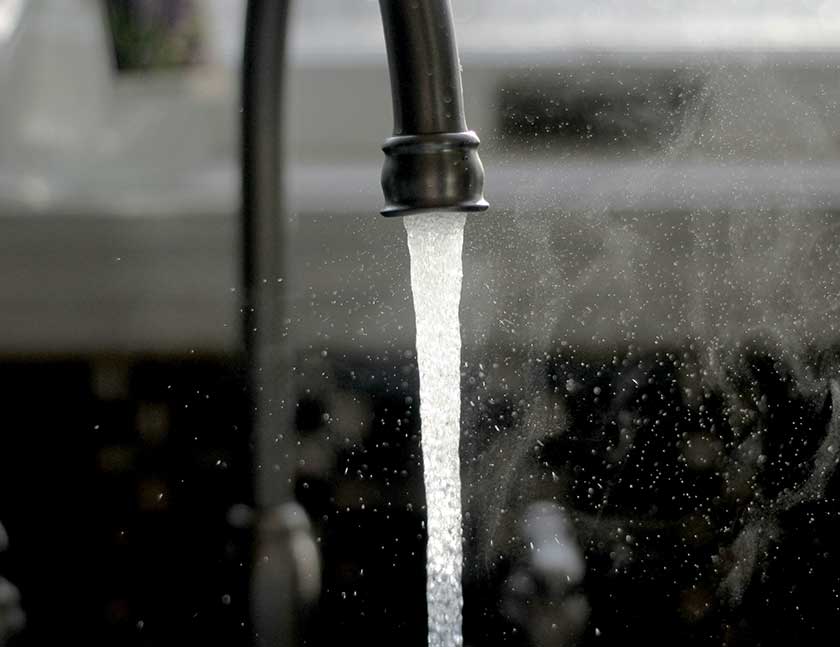
A gurgling sink is not usually dangerous, but it can indicate underlying plumbing issues.
Ignoring these sounds might lead to more serious problems like clogs, leaks, or sewer gas exposure.
Clogs can cause backups and water damage, while sewer gases can pose health risks.
Addressing a gurgling sink promptly can prevent these issues from escalating.
Regular maintenance and timely repairs ensure your plumbing system functions properly, keeping your home safe and free from potential hazards.
What to Avoid With a Gurgling Sink?
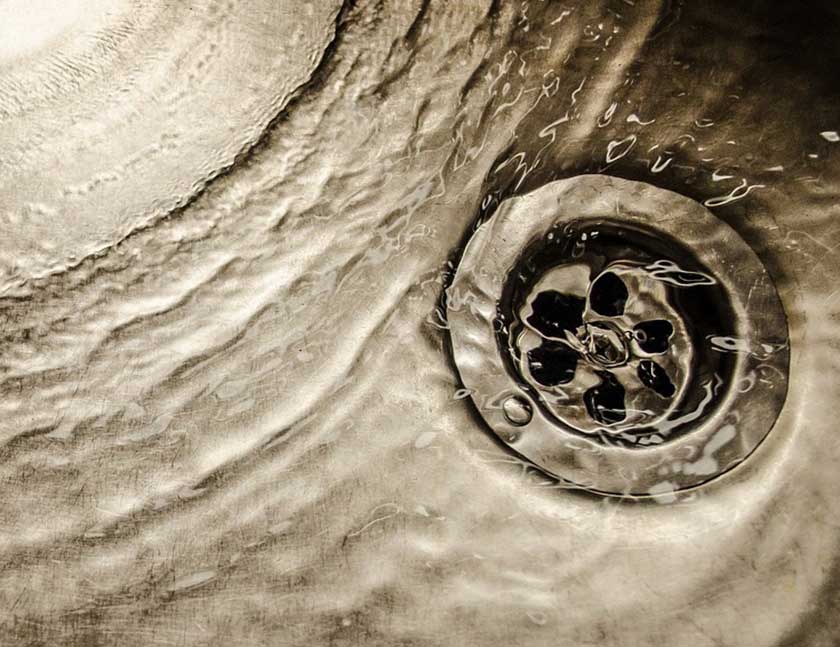
When dealing with a gurgling sink, there are several things you should avoid to prevent further complications.
Chemical Drain Cleaners
Avoid using chemical drain cleaners.
These can damage your pipes over time and may not effectively clear the blockage.
Instead, use mechanical methods like a plunger or drain snake.
Don’t Avoid the Issue
Don’t ignore the problem.
A gurgling sink can indicate more serious plumbing issues that need prompt attention.
Neglecting it can lead to larger clogs, leaks, or even sewer backups.
Grease and Food Scraps
Avoid pouring grease, food scraps, or non-dissolvable items down the drain.
These can contribute to clogs and exacerbate gurgling sounds.
Not Calling a Professional
Lastly, don’t delay calling a professional if the problem persists.
A qualified plumber can diagnose and fix the underlying issue, ensuring your plumbing system remains in good working order.
Conclusion
A gurgling sink can be annoying, but it often indicates an underlying plumbing issue.
By checking for debris, using a plunger or drain snake, inspecting your P-trap, and maintaining your septic tank, you can often resolve the problem yourself.
If these steps don’t work, don’t hesitate to call a professional plumber.
Addressing the issue promptly can save you from more serious plumbing problems down the line.
For any and all of your drainage needs, get in contact with us here at KD Drainage.

